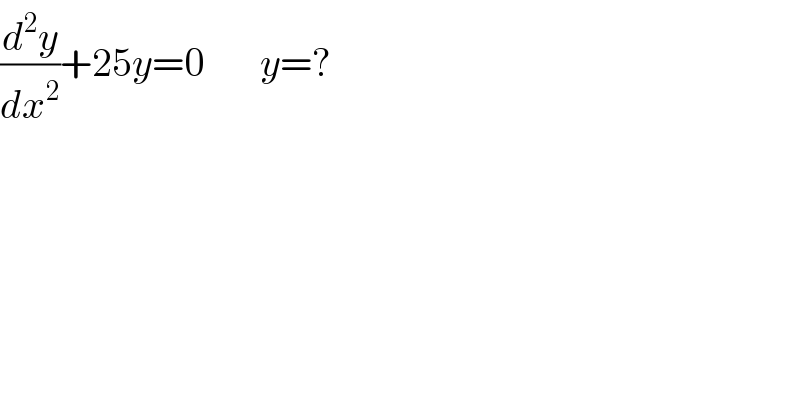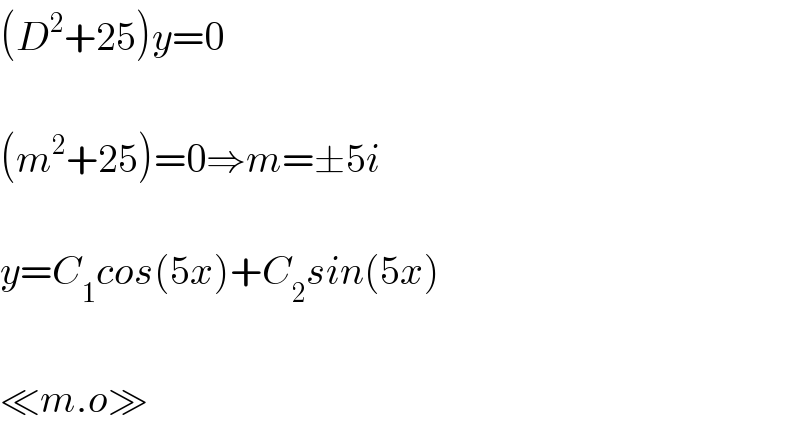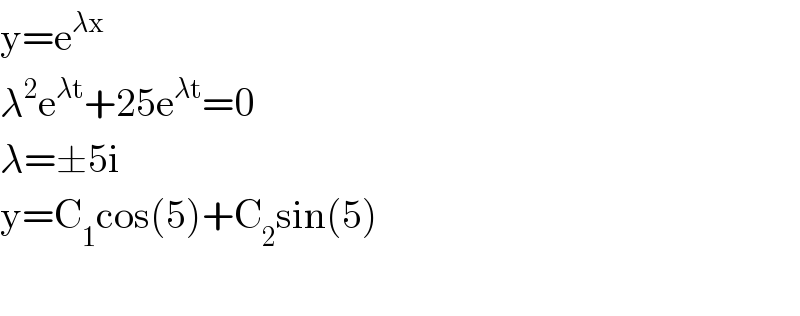
Question and Answers Forum
Previous in Differential Equation Next in Differential Equation
Question Number 116052 by Study last updated on 30/Sep/20

Commented by mohammad17 last updated on 30/Sep/20

Answered by Dwaipayan Shikari last updated on 30/Sep/20

Answered by Bird last updated on 30/Sep/20

Commented by Bird last updated on 30/Sep/20

